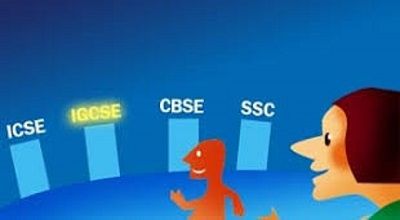The Education Board is in Pakistan
The Education Board is in Pakistan, there are several education boards responsible for conducting examinations and regulating education at different levels. The two primary education boards in Pakistan are:
Federal Board of Intermediate and Secondary Education (FBISE)
This board is responsible for conducting examinations for secondary and higher secondary education in Islamabad. The federal capital territory of Pakistan, and in various cantonments and garrison cities across the country.
All Provincial Education Boards
Each of Pakistan’s four provinces has its own education board responsible for conducting examinations. And regulating education within the respective province. These provincial boards are:
- Punjab Board of Intermediate and Secondary Education (Punjab BISE)
- Sindh Board of Intermediate and Secondary Education (Sindh BISE)
- Khyber Pakhtunkhwa Board of Intermediate and Secondary Education (KPK BISE)
- Balochistan Board of Intermediate and Secondary Education (Balochistan BISE)
In addition to these major boards, there are also other specialized boards and examination bodies. That oversees education in specific regions or for specific purposes. Such as the Azad Jammu and Kashmir Board of Intermediate and Secondary Education (AJK BISE). And the Aga Khan University Examination Board, among others.
It’s important to note that the education system in Pakistan is diverse. Various educational boards cater to different regions and curricula. Such as the Cambridge International Examinations (CIE) for O-levels and A-levels in some private schools.
What Board is O level in Pakistan?
The Education Board is in Pakistan, and O Levels (General Certificate of Education Ordinary Level) are administered. By the Cambridge Assessment International Education (CAIE). Which is a part of the University of Cambridge. CAIE offers a wide range of international qualifications, including the O Level program. Which is widely recognized and taken by students in Pakistan. Especially in private schools and institutions.
The O-level examinations conducted by CAIE are not directly affiliated with the national. Or provincial education boards in Pakistan. Such as the Federal Board or provincial boards like Punjab BISE, Sindh BISE, KPK BISE, or Balochistan BISE. Instead, O Level is considered an international qualification, and students. Those who wish to pursue it typically register with Cambridge-approved schools. Or institutions that offer O-level courses and examinations.
O Level is recognized as an equivalent to the Secondary School Certificate (SSC). Or Matriculation in Pakistan. Students who pass their O-level exams can use the qualification for further education. Employment within Pakistan or internationally. It’s important for students to ensure that they choose a reputable Cambridge-affiliated institution to prepare for and take their O-level exams in Pakistan.
